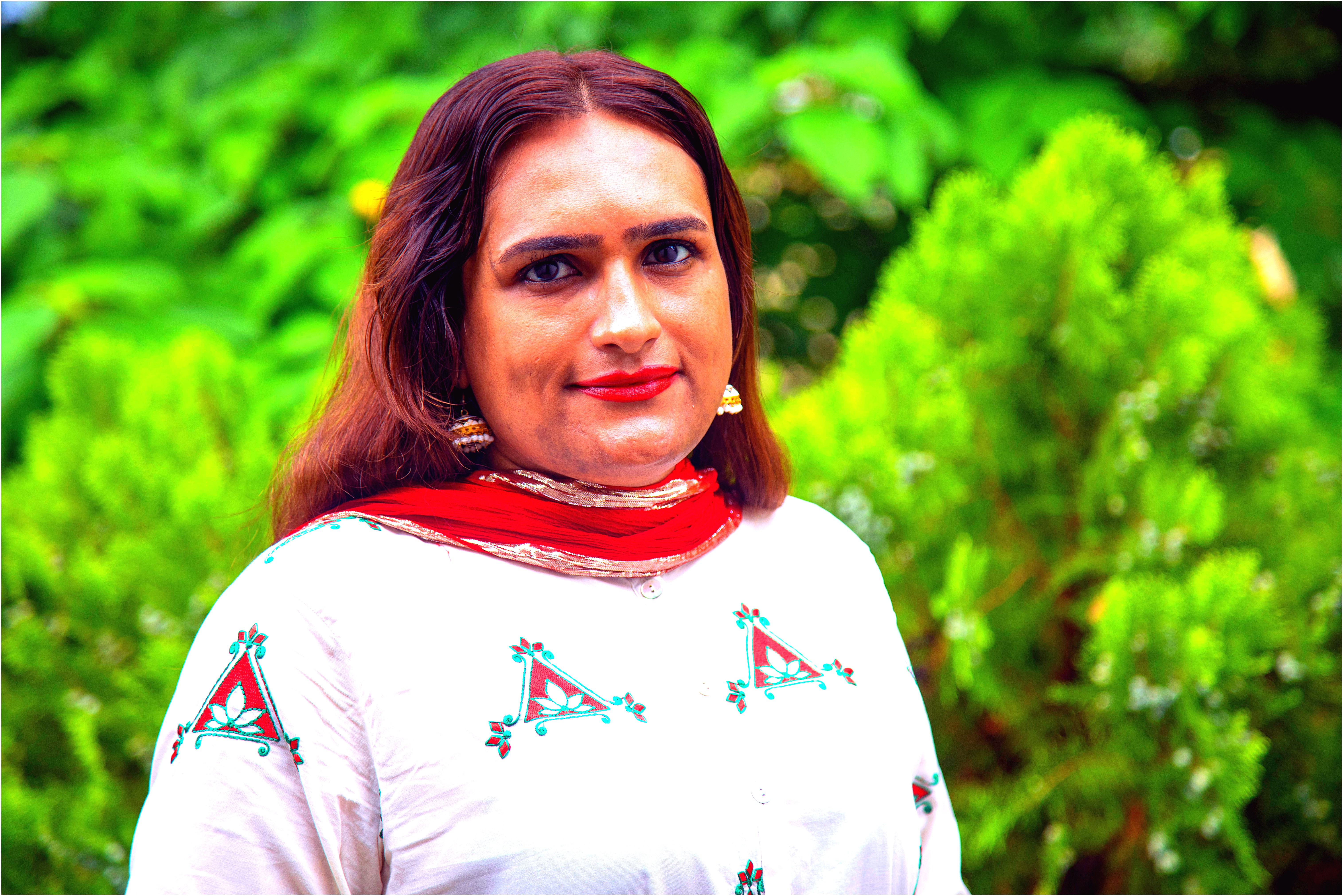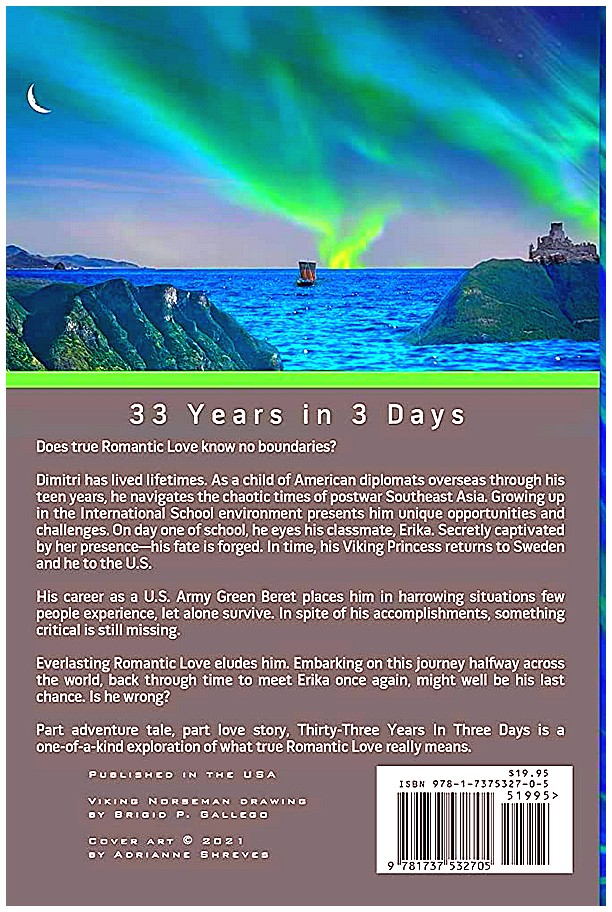Introduction to Etoro in Djibouti

Djibouti is a small country located in the Horn of Africa, and it has recently become an increasingly popular destination for travelers looking to explore its unique culture and landscapes. Etoro is one of the most popular activities in Djibouti, offering visitors a chance to experience the traditional lifestyle of the local people. In this article, we will explore what makes Etoro so special and how you can make the most out of your journey when visiting Djibouti. We’ll discuss everything from learning about local customs to finding some amazing places to stay during your trip. So join us on our journey as we discover all that Etoro has to offer!
History of the Etoro People

The Etoro people are an ethnic group located in the Horn of Africa, primarily inhabiting Djibouti. The history of the Etoro is one that has been shaped by centuries of migration and cultural exchange.
The origins of the Etoro can be traced back to ancient times when they were part of a larger Somali population who migrated from Somalia into what is now Djibouti. Over time, these migrants began to form their own distinct culture and language which became known as Afar-Etoro. This new language was heavily influenced by both Arabic and French due to contact with other groups living in the region such as Arabs and Europeans during colonization periods.
Throughout their history, the Etoro have maintained a strong sense of identity despite being exposed to various outside influences over time. They continue to practice traditional customs such as subsistence farming, pastoralism, hunting and gathering, while also engaging in trade with neighboring communities for goods like livestock or grains. Additionally, many members of this community still speak Afar-Etoro today as it remains an important part of their culture’s identity.
Today there are approximately 100 thousand members belonging to this ethnic group living mainly in Djibouti but also found scattered throughout Ethiopia and Eritrea too. Exploring Djibouti offers visitors a unique opportunity not only to experience its stunning landscapes but also gain insight into the fascinating culture and history behind this resilient people – making it truly a journey worth taking!
Cultural Significance of the Etoro People

The Etoro people are an ethnic group located in Djibouti, and they have a rich cultural heritage that is unique to their region. The Etoro people have a long history of living in the area, and their culture has been shaped by centuries of interaction with other cultures. As such, the Etoro people possess a distinct set of values and beliefs that are deeply rooted in their traditional way of life. These values include respect for nature, reverence for ancestors, hospitality towards strangers, and strong family ties.
In addition to these core values, the Etoro also place great importance on music and dance as part of their cultural identity. Music plays an important role in many aspects of daily life including weddings ceremonies or special occasions like festivals or funerals. Similarly, dance is used to express joy during celebrations or as a form of healing when someone is feeling downcast or ill at ease.
Furthermore, the Etoro practice various forms of art such as pottery making which serves both practical purposes (earthenware vessels) but also symbolic ones (ritual objects). Artistic expression can be seen throughout everyday life from intricate beadwork adorning clothing to elaborate body tattoos which carry deep spiritual meaning within the community.
Overall it’s clear that exploring Djibouti through its native inhabitants offers visitors not only breathtaking scenery but also an insight into another culture’s traditions and customs – one which still holds true today despite years spent adapting to outside influences
Exploring Traditional Architecture and Artwork

Djibouti is a small nation located in the Horn of Africa, known for its rich cultural heritage and stunning natural beauty. On a journey to explore this fascinating country, one cannot miss the opportunity to experience traditional architecture and artwork that have been preserved over centuries. From ancient fortresses built by local rulers to vibrant murals depicting Djiboutian life, there are many unique sites to discover in Djibouti.
The Etoro people are an ethnic group who inhabit parts of Djibouti and Ethiopia. They have a long history of creating artworks from woodcarvings, stone sculptures, metalwork, textiles and pottery. Many of these pieces feature intricate designs inspired by their environment or religious beliefs. Exploring Etoro villages provides visitors with an insight into the culture and customs of this region as well as an appreciation for their artistic achievements.
In addition to exploring Etoro artwork, travelers can also take time to appreciate traditional architecture throughout Djibouti’s cities and rural areas alike. In some cases these structures date back hundreds of years while others reflect more modern influences such as French colonial rule or Islamic design elements like domes or minarets on mosques. These buildings often provide clues about how people lived in past eras while also offering insights into current lifestyles within each community they visit during their travels through Djibouti’s diverse landscape..
From discovering ancient artifacts at archaeological sites near Lake Abbe National Park to admiring contemporary works at galleries in downtown Djibouti City – there is much for travelers interested in exploring traditional architecture and artwork throughout this beautiful country!
The Role of Women in Etoro Society
The Etoro people of Djibouti have a unique and fascinating culture that is steeped in tradition. Women play an important role in this society, both as mothers and caregivers to their families, but also as active members of the community. They are responsible for providing food, water, shelter and clothing for their families while also engaging in activities such as farming and weaving. Women are highly respected within the Etoro community and they often take on leadership roles within the family structure.
Women are seen as strong figures who provide guidance to their children and help them navigate through life’s challenges. This can be seen through the traditional practices of female elders passing down knowledge to younger generations about how to survive in harsh environments or how to protect themselves from predators. In addition, women participate in rituals that celebrate fertility and honor ancestors which further demonstrate their importance within Etoro society.
Etoro women also play an integral part in economic activities such as fishing, trading goods with neighboring communities or selling crafts at local markets. These activities not only provide financial stability for households but they also allow women to gain independence by taking control over their own finances without relying solely on men for support.
Overall, it is clear that women play a vital role within Etoro society both culturally and economically; however there is still much work left to be done when it comes to gender equality among this population group so that all individuals can reach their full potential regardless of gender identity or background
Experiencing Local Cuisine and Music
Exploring Etoro in Djibouti is a journey of discovery, and no trip to this unique destination would be complete without experiencing the local cuisine and music. From traditional dishes like sambusas, camel meat stew, and suqaar (spicy beef), to modern fusion fare such as seafood platters with African-inspired spices, there’s something for everyone in Etoro. And don’t forget about the vibrant music scene! The city has its own style of reggae called “Etoro Reggae” that you can hear at live concerts or clubs throughout the city. With its combination of ancient culture and modern influences, exploring Etoro will give you an unforgettable experience.
Interacting with the Locals: Language, Customs, Etiquette
Exploring Etoro in Djibouti can be a journey of discovery, especially when it comes to interacting with the locals. Knowing some basic language, customs and etiquette is essential for making the most out of your experience. Language is an important part of any culture and understanding even just a few words or phrases will help you make meaningful connections with people during your travels. The official language spoken in Djibouti is French but many also speak Arabic as well as Somali and Afar languages. It’s always helpful to learn some common greetings such as “Hello” (Salam) or “Thank You” (Shukran). Additionally, familiarizing yourself with local customs and traditions will help you navigate through different social situations while traveling in Etoro. For example, women should dress modestly when visiting religious sites like mosques or churches; men should remove their hats upon entering these places of worship; shoes must be removed before entering someone’s home; and eating with your right hand is considered polite behavior among the locals. Lastly, being aware of proper etiquette while exploring Etoro can go a long way towards creating positive experiences for both you and those around you! Be mindful that public displays of affection are frowned upon by many locals so try to avoid them if possible; respect personal space by not standing too close to others when talking; don’t take photos without permission from those who may appear in them; refrain from discussing politics or religion unless invited into conversation about these topics; show appreciation for hospitality extended to you by offering small gifts like food items or souvenirs from your own country—all these things demonstrate good manners which will be appreciated by everyone involved!
Wildlife Viewing Opportunities in Djibouti’s National Parks
Djibouti is home to a variety of national parks and wildlife reserves, offering visitors the opportunity to explore some of Africa’s most diverse ecosystems. The country boasts an array of spectacular landscapes, from lush savannahs and rugged mountains to dry deserts and coastal plains. Djibouti’s national parks are havens for rare species such as the endangered African wild dog, Grevy’s zebra, Somali ostrich, caracal lynx and Beira antelope. Visitors can also observe elephants in their natural habitat at Day Forest National Park or spot exotic birds at Lake Assal National Park. Other popular wildlife viewing opportunities include exploring Etoro Cave near Tadjoura or taking a boat ride along Lake Abbe on the Ethiopia-Djibouti border. Whether you’re looking for a thrilling safari adventure or simply want to relax in nature’s beauty, Djibouti has something for everyone!
Shopping for Handicrafts and Souvenirs from Local Markets
Djibouti is a small country in the Horn of Africa, but it has plenty to offer travelers. From its stunning landscapes and wildlife to its vibrant culture and cuisine, Djibouti is an exciting destination for those looking for adventure. One of the best ways to experience all that Djibouti has to offer is by exploring Etoro, one of the oldest cities in the region. Here you can find traditional markets filled with handicrafts and souvenirs made by local artisans, as well as restaurants serving up delicious dishes from around the world. Shopping for handicrafts and souvenirs from these local markets is a great way to take home a piece of Djiboutian culture with you after your journey of discovery through Etoro.
Reflections on a Journey of Discovery
Exploring Etoro in Djibouti was an incredible journey of discovery. From the stunning landscapes to the vibrant culture, I felt like I had stepped into a different world. The experience was truly eye-opening and humbling. It gave me a newfound appreciation for this beautiful country and its people.
The locals were so welcoming and friendly, which made it easy to explore the area with confidence. I also found that there is much more to discover than what meets the eye; from hidden gems such as waterfalls tucked away in valleys to ancient ruins scattered throughout the countryside.
I am grateful for having been able to witness first-hand some of nature’s most spectacular sights, as well as gain insight into local customs and traditions that are unique to this part of Africa. What stood out most during my time in Djibouti was how hospitable everyone was – they truly embody the spirit of hospitality!
Overall, my journey through Etoro in Djibouti has left me with lasting memories that will stay with me forever – it’s definitely an experience I would recommend to anyone looking for adventure or simply wanting to learn more about this fascinating corner of our planet!
| Feature | Etoro | Other Social Trading Platforms |
|---|---|---|
| Security Features | Two-factor authentication, encrypted data storage and secure login process. | Varying levels of security features depending on the platform. |
| Range of Instruments Available for Trading | Forex, commodities, stocks and indices. | Depends on the platform but may include options such as CFDs, futures or cryptocurrency trading. |
| User Interface Design | Intuitive design with a simple layout and easy to use tools for traders of all experience levels. | May vary from platform to platform; some offer more complex designs than others which can be difficult to navigate for novice traders. |
| Fees & Commissions Structure | Low fees with no hidden commissions or charges; competitive spreads across all instruments traded. |
What inspired you to explore Etoro in Djibouti?
I was inspired to explore Etoro in Djibouti because I wanted to learn more about the financial markets and trading opportunities available in this region. With Etoro, I can access a wide range of global markets, allowing me to diversify my investments and gain exposure to new asset classes. Additionally, I am interested in learning how different countries are approaching digital finance and how technology is being used to facilitate financial inclusion. Exploring Etoro’s offerings in Djibouti provides me with an opportunity to understand these trends better.
How did the local people respond to your presence?
The local people responded to my presence with warmth and hospitality. They were very welcoming and eager to learn more about me and my culture. Many of them invited me into their homes for meals or offered to show me around the area. I felt like a welcomed guest in their community.
What unique cultural experiences did you encounter while exploring Etoro?
Exploring Etoro can be a very unique cultural experience. The local people are welcoming and friendly, and the culture is quite different from other places in the world. There are many traditional ceremonies and rituals that take place in Etoro, such as the Yam Festival which celebrates new yams being harvested each year. Additionally, there is an abundance of wildlife to observe including birds, fish, reptiles and mammals. The area also has a rich history with evidence of ancient civilizations dating back thousands of years ago. All these experiences make exploring Etoro an unforgettable adventure!
Did you have any challenges during your journey of discovery in Djibouti?
Yes, I did have some challenges during my journey of discovery in Djibouti. One of the biggest challenges was navigating the unfamiliar terrain and trying to find my way around without a reliable map or GPS system. Additionally, due to language barriers and cultural differences, it was difficult to communicate with locals and get information about certain areas that I wanted to explore. Finally, due to the extreme temperatures in Djibouti, I had difficulty staying hydrated while exploring outdoors for long periods of time.
Are there any particular memories that stand out from your exploration of Etoro?
Yes, there are some particular memories that stand out from my exploration of Etoro. One of the most memorable experiences was learning how to use the platform and discovering all the different features it offers. I also remember being able to connect with other traders in their community and discussing strategies for successful trading. Additionally, exploring all the educational resources available on Etoro was a great experience as well, since it allowed me to gain valuable knowledge about investing and trading.
What advice would you give someone considering a similar trip to Djibouti and Etoro?
My advice for someone considering a trip to Djibouti and Etoro would be to do plenty of research beforehand. Make sure you are aware of the local customs, laws, and regulations in both countries before traveling. It is also important to make sure that your passport is up-to-date and that you have all necessary visas or permits required for entry into either country. Additionally, it is wise to purchase travel insurance prior to departure as well as familiarize yourself with any potential health risks associated with the region. Lastly, make sure you plan out an itinerary ahead of time so that you can maximize your time while visiting these two amazing destinations!
Is there anything else about this experience that stands out for you as particularly memorable or meaningful?
Yes, the most memorable and meaningful part of this experience was being able to work with a team of people who were passionate about what they were doing. Everyone worked together to achieve our common goal and it was inspiring to see how much we could accomplish when we all put in the effort.
Do you think visiting places like Etoro is important for gaining an understanding of different cultures and ways of life around the world?
Yes, I do think visiting places like Etoro is important for gaining an understanding of different cultures and ways of life around the world. By traveling to different places, we can gain a better appreciation and understanding of other cultures, as well as learn about their customs and traditions. Additionally, it allows us to experience firsthand how people in other parts of the world live their lives on a daily basis. This can help us become more open-minded and tolerant towards others who may have different beliefs or lifestyles than our own.

05.05.2023 @ 13:42
nal located in the Horn of Africa, and it is home to the Etoro people who have a rich cultural heritage. The Etoro people have a unique way of life that is reflected in their traditional architecture and artwork. Their homes are made of materials such as mud, wood, and thatch, and they are designed to withstand the harsh climate of the region. The homes are often decorated with intricate carvings and paintings that reflect the Etoro peoples beliefs and values.
In addition to their homes, the Etoro people also create beautiful artwork such as pottery, beadwork, and body tattoos. These forms of art are not only aesthetically pleasing but also hold deep spiritual meaning within the community. The pottery is used for practical purposes such as storing food and water, while the beadwork and body tattoos are used to express cultural identity and beliefs.
Exploring the traditional architecture and artwork of the Etoro people is a fascinating way to gain insight into their culture and way of life. It is a testament to their resilience and adaptability in the face of outside influences. Djibouti offers visitors a unique opportunity to experience this rich cultural heritage and appreciate the beauty of the Etoro peoples traditions.